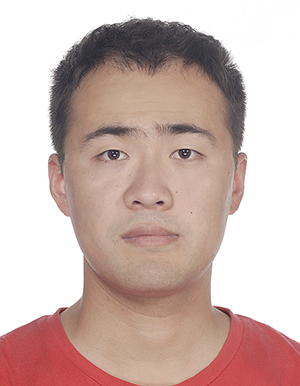Pareto optimization is a general optimization framework for solving single-objective optimization problems, based on multi-objective evolutionary optimization. The main idea is to transform a single-objective optimization problem into a bi-objective one, then employ a multi-objective evolutionary algorithm to solve it, and finally return the best feasible solution w.r.t. the original single-objective optimization problem from the generated non-dominated solution set. Pareto optimization has been shown a promising method for the subset selection problem, which has applications in diverse areas, including machine learning, data mining, natural language processing, computer vision, information retrieval, etc. The theoretical understanding of Pareto optimization has recently been significantly developed, showing its irreplaceability for subset selection. This tutorial will introduce Pareto optimization from scratch. We will show that it achieves the best-so-far theoretical and practical performances in several applications of subset selection. We will also introduce advanced variants of Pareto optimization for large-scale, noisy and dynamic subset selection.
Potential audiences include those who are curios in theoretical grounded evolutionary algorithms, and those who are interested in applying evolutionary algorithms to achieve state-of-the-art performance in machine learning, data mining, natural language processing, etc.

|
Chao Qian |
| Chao Qian is an Associate Professor in the School of Artificial Intelligence, Nanjing University, China. He received the BSc and PhD degrees in the Department of Computer Science and Technology from Nanjing University. After finishing his PhD in 2015, he became an Associate Researcher in the School of Computer Science and Technology, University of Science and Technology of China, until 2019, when he returned to Nanjing University. |
|
|
His research interests are mainly theoretical analysis of evolutionary algorithms and designing evolutionary algorithms with provable approximation guarantee for sophisticated optimization problems, particularly in machine learning. He has published one book “Evolutionary Learning: Advances in Theories and Algorithms” and more than 30 papers in top-tier journals (e.g., AIJ, TEvC, ECJ, Algorithmica, TCS) and conferences (e.g., AAAI, IJCAI, NeurIPS). He has won the ACM GECCO 2011 Best Theory Paper Award, and the IDEAL 2016 Best Paper Award. He is chair of IEEE Computational Intelligence Society (CIS) Task Force on Theoretical Foundations of Bio-inspired Computation. |

|
Yang Yu |
| Yang Yu is a Professor in School of Artificial Intelligence, Nanjing University, China. He joined the LAMDA Group as a faculty since he got his Ph.D. degree in 2011. His research area is in machine learning and reinforcement learning. He was recommended as AI’s 10 to Watch by IEEE Intelligent Systems in 2018, invited to have an Early Career Spotlight talk in IJCAI’18 on reinforcement learning, and received the Early Career Award of PAKDD in 2018. |
